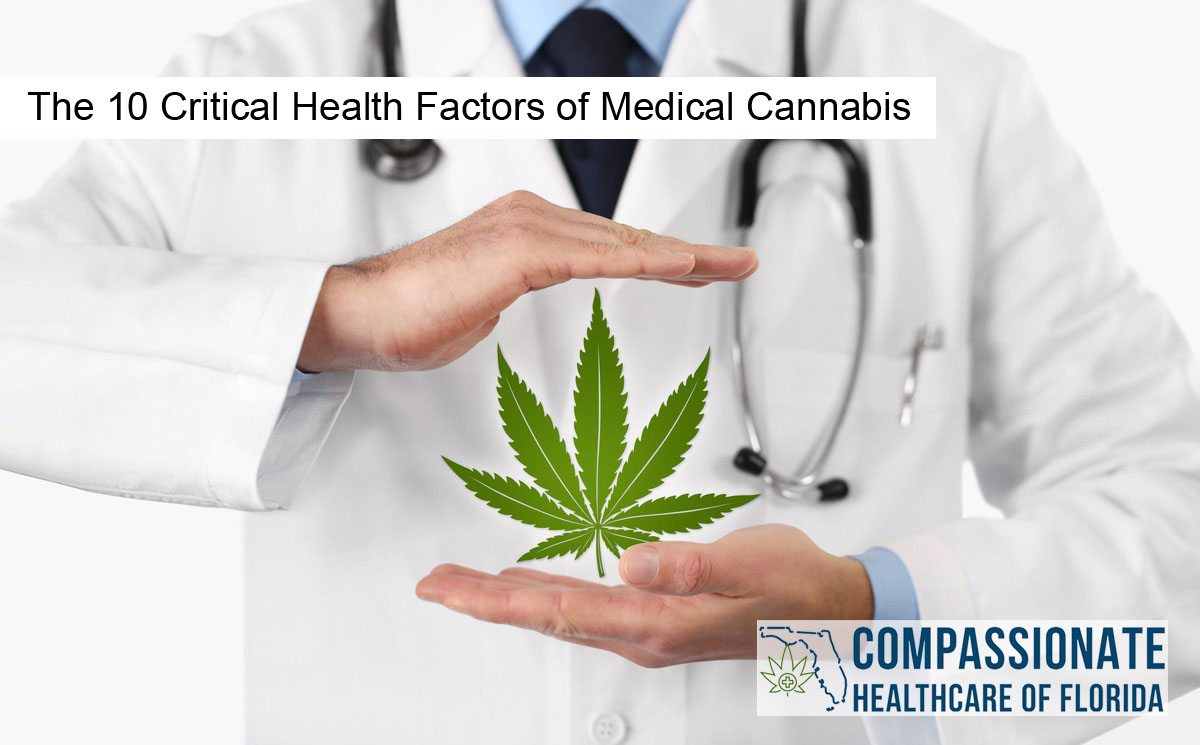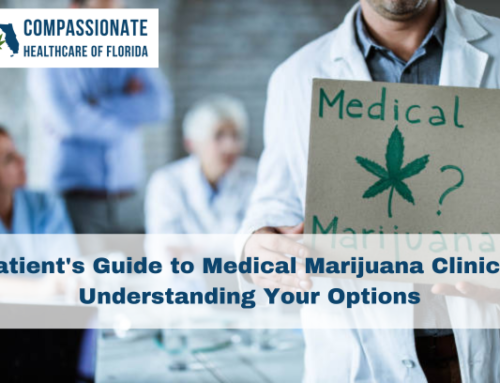 Medical cannabis is a common topic in the news. Many US states continue to pass medical marijuana laws, but what does it all mean? Here, we will take you through every possible thing you need to know about medical marijuana and how it impacts your health.
Medical cannabis is a common topic in the news. Many US states continue to pass medical marijuana laws, but what does it all mean? Here, we will take you through every possible thing you need to know about medical marijuana and how it impacts your health.
Medical cannabis, or marijuana as commonly referred to by many, has been used medicinally since ancient times. Recently we have seen the full potential of this plant medicine. Medical marijuana can be helpful with pain management or anxiety relief without the side effects like addiction or withdrawal symptoms associated with opiates and other drugs which doctors prescribe every day. If you’re interested in knowing more about medical cannabis and its benefits, keep reading.
AIDS/HIV
Marijuana has been used for centuries in many cultures and across the world. Scientists have recently discovered a few interesting facts about this plant, like how it can help people with chronic pain or nausea induced by cancer chemotherapy in addition to improving mood!
A human study of 10 HIV-positive smokers found that those who smoked cannabis ate better after they smoked than before. Another small trial researched 50 patients’ experiences of using medical cannabis to treat their symptoms, which resulted in less neuropathic discomfort.
Medical marijuana is an abundant source of cannabinoids – there are over 100 isolated, and these interact with specific receptors in our brain to promote homeostasis or balance within the body. They can be helpful with pain management or anxiety relief without any side effects like addiction or withdrawal symptoms associated with opiates and other drugs which doctors prescribe every day.
Arthritis
Medical marijuana is now being used as an alternative medicine to treat pain in adults and pediatric patients. A study of 58 patients revealed they had minor arthritis-related discomfort and later reported improved sleep patterns, reduced anxiety levels, which can cause significant disruption in our daily lives. It has been found that this plant derivative causes gentle muscle relaxation without causing any unwanted side effects or dependency issues like those associated with prescription opioids, which are often abused by people seeking euphoria from these drugs. Even if medical professionals caution against reliance upon them exclusively, taking too much leads quickly to dependence problems down the line after only one dose was taken correctly four times over three months. Medical cannabis can help to reduce pain in patients with arthritis.
Cancer
The effects of marijuana on cancer can’t be pinpointed yet. Still, cell studies show it can stop or slow tumor growth in some cases, with mice that were otherwise doomed to die from certain types of breast and prostate cancers, respectively, after receiving radiation treatments. The psychoactive ingredient THC improved outcomes significantly by preventing nausea while also inhibiting tumor progression. Chemotherapy drug combinations are often required when dealing with these malignancies, which means users should consult their physician before consumption if they hope for relief during this course(s)of treatment.
There have been plenty of studies that convey the medicinal benefits marijuana can provide. An example is when it’s smoked or vaporized and inhaled, which has shown relief for people with cancer-related nausea and vomiting as well as neuropathic pain (a type caused by damage to nerves). Clinical trials are underway to test how this substance would work in combination therapy against other medications used to treat chronic illnesses, such as epilepsy.
Inflammatory Bowel Disease
Inhaling cannabis helped people with ulcerative colitis and Crohn’s disease cope better. In a small preliminary study, it was found that 13 patients who watched over three months inhaled the drug for relief from their pain and an improved ability to have diarrhea less often than before they started using it or when compared against those on placebo pills alone. They also gained weight more easily while taking this form of medication instead of being constantly hungry all day long, like many sufferers experienced prior when not smoking weed!
Glaucoma
Scientists have found that cannabis can help treat glaucoma, one of the leading causes of blindness. THC reduces eye pressure and preserves optic nerve tissue. However, it may also affect blood supply, reducing risk factors to damage or reducing efficiency in processing visual information from our eyes. Although it works fantastic, the one downside is that the length of time it reduces pressure is not constant enough to keep the pressure consistently low unless patients dose it throughout the day.
Alzheimer’s Disease
Medical marijuana has been used to help patients with dementia and Alzheimer’s. Some research found cannabis can lessen agitated behavior. This can signify Alzheimer’s disease in its early stages, before symptoms such as memory loss or cognitive decline set in. One study on cells showed how medical cannabis slowed down protein deposits around neurons (brain cells) where they thought these neuron-damaging proteins might originate. Scientists aren’t exactly sure what causes this neurodegenerative process, though no one has discovered an answer so far either!
Medical marijuana helps Alzheimer’s Disease patients by slowing the progress of the disease. Medical marijuana has been found to slow down or even stop the progression of brain damage that Alzheimer’s causes in mice that were genetically engineered with human genes associated with this horrible disorder. Unfortunately, this was only tested on animals since the difference in brain chemistry between people and animals often leads to different results.
Asthma
Studies are contradictory, but some early work suggests that marijuana can reduce exercise-induced asthma. Other cell studies showed that smoking pot dilates human airways and makes one feel like they have more space in their chests for lungs. However, patients also reported feeling tightness around the neck or throat after consuming cannabis. This may be why this seemed promising as an alternative treatment option rather than just another drug prescribed off-label by doctors who don’t understand how it works on your body chemistry.
Due to the effects asthma has on one’s lungs, it is recommended to use cannabis in an edible method compared to combusting the whole flower, which can aggravate the condition.
Medical marijuana can open up human airways and make it easier for people living with asthma to breathe. However, smoking cigarettes or weed is still harmful to your lungs since you’re still inhaling chemicals into your system, which can lead to lung damage over time if abused.
Chronic Pain
In the 1800s, people used cannabis to relieve pain and, in some cases, found that it could help in easing their condition. However, not all research has shown this positive result- thus far, and we don’t know for sure how it will impact you if you take Sativex or any other medicine derived from marijuana (or hemp) plants. Two different studies are happening right now, which may give us more information about these drugs: one involving 56 human patients where scientists observed 30% less discomfort when they smoked weed than those who didn’t smoke.
Another study showed promising results related to 382 people living with cancer taking prescription medications but still having severe nausea due to chemotherapy—enough reason alone why many feel much better after trying Medical Cannabis. Medical cannabis helps Chronic Pain patients by making them feel better when their pain is reduced or relieved. They have been known to be a worthwhile remedy for pain and discomfort in cancer patients undergoing chemotherapy which can lead to nausea and eases this symptom for many people thanks to the compounds in the plant.
Epilepsy
Medical Cannabis helps epilepsy patients by reducing seizures. Medical marijuana has been researched much more in the last 20 years on lab animals- especially those with epilepsy since it’s a “movement disorder” that can lead to seizures. Medical Marijuana helped many animal test subjects reduce their seizures, but not everyone received benefits from this treatment option.
Researchers have discovered that THC and CBD can help block pain related to other medical conditions. These chemicals bind with receptors in your brain, blocking the transmission of signals. For instance, when we experience acute or chronic aches, these compounds will help lessen some effects. It affects multiple systems such as inflammation channels linked closely together. Physicians and researchers continue to explore this further through research and see how effective each cannabinoid is on its own before concluding overall benefits.
Muscle Spasm
There is preliminary evidence that marijuana or some of the chemicals in the plant can help prevent muscle spasms, pain, and tremors. However, it may impair memory, according to a small study involving 20 patients. So, its benefits must be weighed against risks like these side effects before deciding whether this treatment would benefit your condition enough to recommend. Taking any medications prescribed by doctors who are unaware of what they’re defining can negatively impact someone’s cognitive function. Medical cannabis helps Muscle Spasm patients by making the patient’s muscles relax. Medical marijuana is helpful for those who suffer from muscle spasms, pain, and tremors; however, smoking medical cannabis can impair your cognitive function, so doctors recommend using caution. Medical marijuana can be consumed in many different forms, so patients have more options for dosing, such as vaping, oral, sublingual, and topical.
Effects of Medical Cannabis in the Short Run
THC rapidly passes from the lungs into their bloodstream when you smoke weed, and the blood carries this chemical to all organs throughout the body. It can be detected in urine up to about 1 hour after smoking, depending on how much was ingested at once, what prior foods were eaten, and the frequency of use.
One active phytocannabinoid ingredient CBD, affects specific brain cell receptors but does not produce any psychotropic effects, so they’re safe if used correctly.
With THC, parts of the brain that contain high numbers of cannabinoid receptors are activated. This causes a psychoactive “high” which people experience, among other things like:
-changes in mood
-impaired memory
-delusions
-affects body movement
-hampering the problem-solving ability
-hallucinations
Effects of Medical Cannabis in the Long Run
Marijuana also affects the development of the brain. When teenagers begin using marijuana, it may impair their learning, thinking, memory, and functions. It also affects how the brain creates connections between the areas needed for these functions. For instance, a study conducted by researchers showed that people who started smoking marijuana heavily in their teens and had a prolonged marijuana use disorder seem to have lost an average of 8 IQ points between ages 13 and 38. Moreover, the lost mental abilities didn’t fully return in those who quit marijuana as adults. However, people who started smoking marijuana as adults didn’t show the same notable IQ declines. This preliminary data shows that caution should be used in pediatric patients.
Some recent studies have shown a decline in general knowledge and verbal ability among those who use marijuana, with an IQ of 4 measured between preteen and early adulthood. However, no predictable difference was found when one twin used cannabis while their sibling did not- meaning this may happen because they’re twins or has other factors mirroring each others’ behavior, for example – genetics or family environment.
The NIDA’s Adolescent Brain Cognitive Development (ABCD) study tracks a large sample of young Americans from late childhood to early adulthood. They hope it will help clarify how marijuana affects adolescent brain development.
Medical Marijuana Doctor in Florida
Medical cannabis has been shown to have a number of benefits for those suffering from chronic pain, PTSD, cancer, anxiety, insomnia and other ailments. Here we have discussed the ten critical health factors that should be considered when using medical cannabis as a treatment option. If you or someone close to you is considering this therapeutic alternative, don’t hesitate to contact Compassionate Healthcare of Florida today. Our team of medical marijuana doctors will help answer your questions about how best to use medical marijuana to be an effective part of your healthcare regimen.



